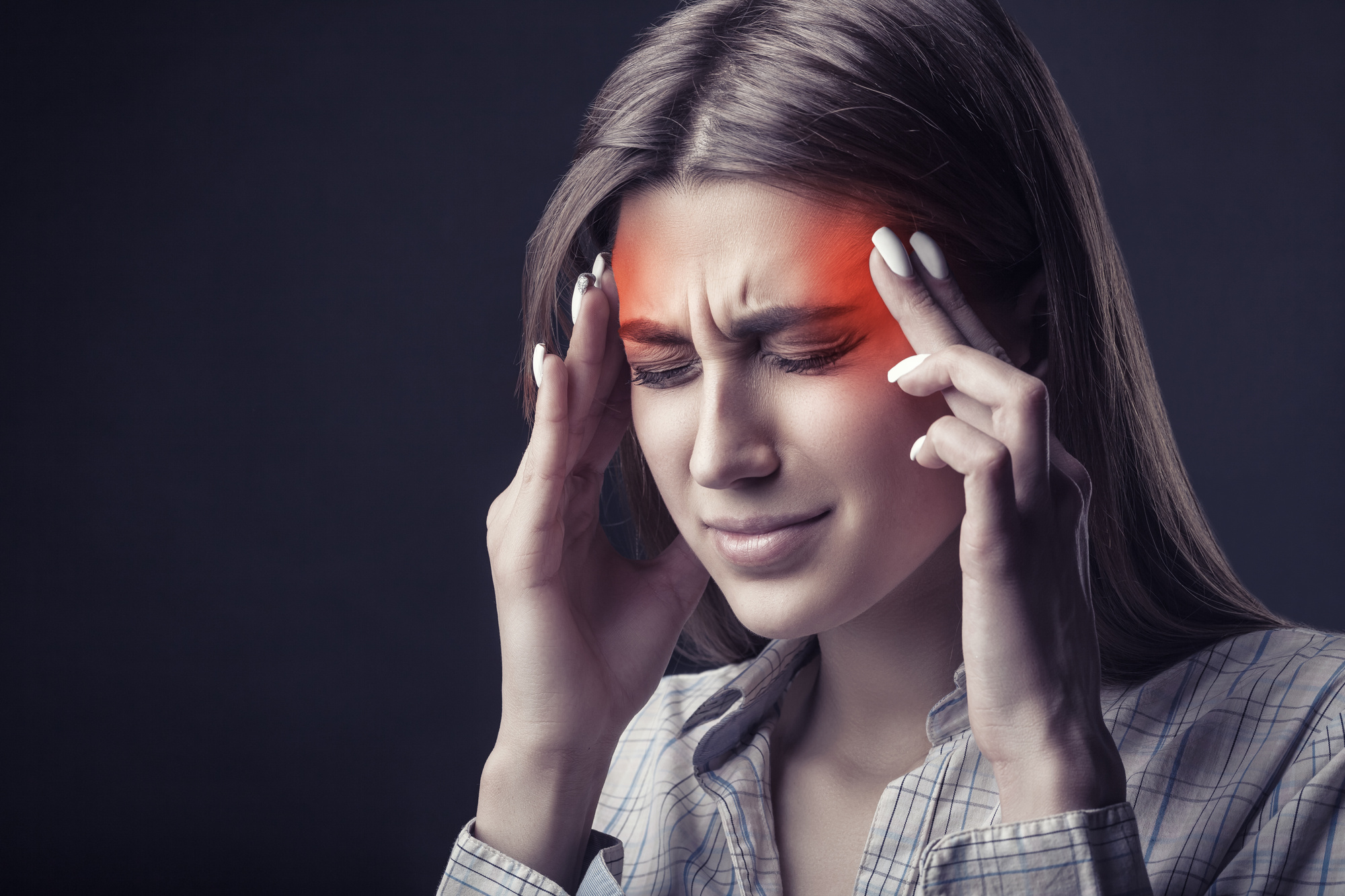If you have ever found yourself gasping for air after a big meal, you are not alone. Around 10% to 22% of Americans over the age of 50 experience something known as dysphagia.
Are you dealing with shortness of breath after eating? Keep reading to find out what is going on with your body and how to fix it.
Anaphylaxis
Anaphylaxis, a severe allergic reaction, can cause shortness of breath after eating a particular food. This phenomenon can be scary and confusing for individuals who have never experienced it before.
The body’s immune system overreacts to a specific food. It triggers the release of chemicals that can cause swelling and constriction in the airways, making breathing difficult.
It is crucial for those who have experienced anaphylaxis to understand the importance of identifying their food allergies. They should carry appropriate medication to prevent or treat future episodes.
Arrhythmia
Arrhythmia is where the heart beats irregularly and can lead to a decrease in oxygen supply to the body. This can cause a person to feel out of breath and fatigued.
Understanding the connection between Arrhythmia and heaviness in the chest after eating is crucial in finding proper treatment and managing this condition. Identifying potential triggers, such as certain foods or meal sizes, and making lifestyle changes can greatly improve symptoms and overall quality of life.
Anxiety and Panic Disorders
Shortness of breath after a meal is a common symptom experienced by those with these disorders, causing confusion and concern. However, through understanding the connection between anxiety and panic disorders and the gastrointestinal system, this mystery can be unraveled.
Stress and anxiety can trigger the release of hormones that can lead to rapid heart rate and difficulty breathing. This can be further compounded by digestive issues and bloating, creating a feeling of breathlessness.
Hiatal Hernia
A hiatal hernia occurs when part of the stomach protrudes into the chest cavity through a weakened diaphragm. As a result, pressure is placed on the lungs and esophagus, making it difficult to breathe after eating.
While mild cases may be manageable with lifestyle changes and medication, severe cases may require surgery.
Gastroesophageal Reflux Disease (GERD)
GERD occurs when the muscles at the bottom of the esophagus do not close properly, allowing stomach acid and food to flow back up into the esophagus. When this happens, it can cause irritation and inflammation, leading to shortness of breath and other symptoms like heartburn and coughing.
Understanding this connection can provide insight into managing GERD and finding relief from the discomfort of post-meal shortness of breath. You can learn more here about how managing shortness of breath after eating helps improve overall health and quality of life.
Overeating
Overeating is a common habit that many people struggle with, especially during mealtime. However, what many do not realize is that this can lead to shortness of breath after consuming food.
When we eat, our stomach expands and puts pressure on the diaphragm, making it difficult for the lungs to expand fully. This results in shortness of breath.
Overeating can cause the heart to work harder to pump blood to the digestive system, further contributing to the feeling of breathlessness. It is important to be mindful of our food consumption and make healthy choices to avoid this uncomfortable and potentially harmful symptom.
Obesity
Obesity is a prevalent issue in today’s society and is often associated with many health problems. One symptom that many obese individuals may experience is shortness of breath after eating.
This can be a sign of larger underlying issues, such as:
- cardiovascular disease
- sleep apnea
- asthma
It can also be a result of the extra weight putting pressure on the diaphragm and lungs, making it difficult to breathe properly. It is important for these individuals to seek medical advice and make necessary lifestyle changes to improve their overall health and well-being.
Postprandial Hypotension
Postprandial hypotension is a common condition that occurs when a person experiences a sudden drop in blood pressure after eating a meal. This drop can cause symptoms such as:
- dizziness
- lightheadedness
- shortness of breath
While the exact cause is not fully understood, it is believed to be related to the body’s natural response to the digestion of food. As food is broken down and absorbed, there is an increase in blood flow to the digestive system, which can lead to a decrease in blood flow to other parts of the body, resulting in a drop in blood pressure.
Diabetes
Many people with diabetes experience trouble breathing after eating, also known as postprandial dyspnea. This perplexing symptom is a result of high blood sugar levels, which can lead to a decrease in oxygen levels and an increase in carbon dioxide.
This imbalance can cause the muscles involved in breathing to work harder, resulting in the sensation of shortness of breath. Understanding this connection between diabetes and shortness of breath is crucial in managing the condition and promoting overall health and well-being.
Choking on or Inhaling Food
Shortness of breath after eating, accompanied by the feeling of choking on or inhaling food, is a concerning and potentially life-threatening issue. It can occur due to a variety of reasons, such as a food obstruction in the airway or a swallowing disorder.
Proper chewing and taking smaller bites can also aid in preventing this issue. Additionally, learning proper first aid techniques, such as the Heimlich maneuver, can be crucial in case of an emergency.
Chronic Obstructive Pulmonary Disease (COPD)
Individuals with COPD may experience shortness of breath after a meal. This is due to the narrowing and blockage of air passages, which can be further aggravated by eating. As food is swallowed, the muscles in the throat and chest work to push it down towards the stomach, putting pressure on the lungs and decreasing the space for breathing.
This can cause difficulty in breathing, leading to the feeling of breathlessness. By eating smaller, more frequent meals and avoiding foods that may trigger shortness of breath, mealtimes can be more manageable for those living with COPD.
Understanding the Rationale Behind Shortness of Breath After Eating
It is essential to pay attention to potential signs of shortness of breath after eating meals, as it could be a symptom of a more significant underlying issue. By understanding the possible causes and making necessary lifestyle changes, one can effectively prevent and manage this mealtime mystery.
Take care of your health and consult a doctor for any concerning symptoms. Remember, early detection and treatment can make all the difference.
Check out our other blog posts for more informative content.










